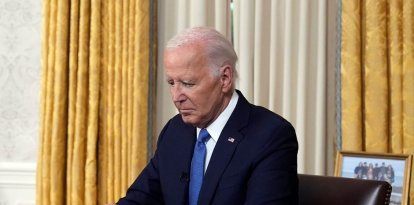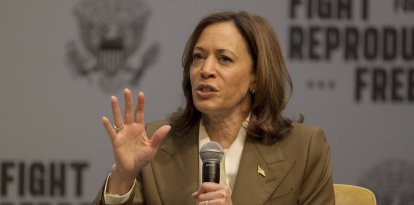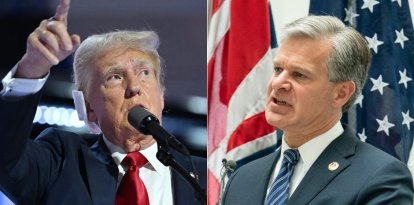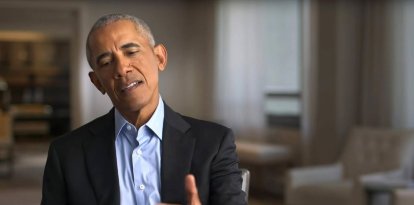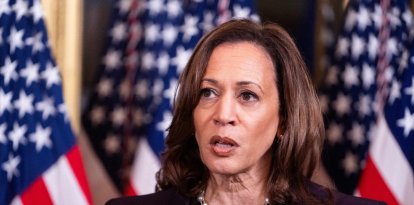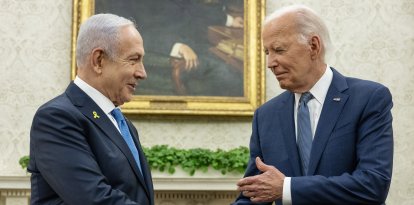The father of Lieutenant Naranjo, the Venezuelan soldier deported by Biden, breaks his silence and harshly criticizes the Biden administration
“It never occurred to us that the United States, as an ally of the Venezuelan opposition and democracies around the world (…) would do what it did to my son.”
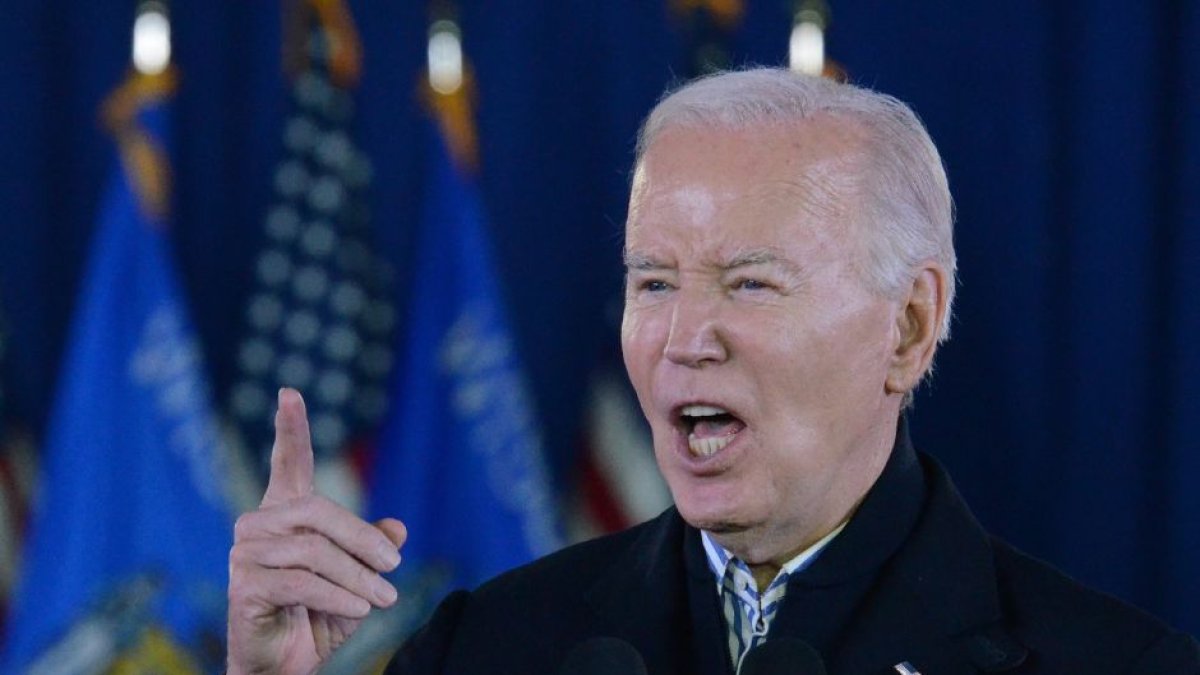
(Cordon Press)
Pedro Naranjo Machado, a mid-ranking Venezuelan military officer who arrived in the United States in the company of his father while fleeing Nicolás Maduro’s regime, was deported two weeks ago by the Biden Administration to Venezuela in a case highly questioned by defenders of human rights.
Lieutenant Naranjo’s father, Major General Pedro José Naranjo Suárez, who was a political prisoner in Venezuela for three and a half years for allegedly conspiring against the Maduro regime, broke his silence and fiercely questioned the Democratic government led by President Biden.
“We never had a plan B,” Naranjo told the AP agency during a telephone interview from Houston. “It never crossed our mind that the U.S., as an ally of the Venezuelan opposition and democracies over the world, a defender of human rights and freedom, would do what it did to my son.”
Former General Naranjo was released after ten days in US custody and is now awaiting the result of his own asylum request, which was denied to his son.
The Naranjos had a complicated journey to the United States. First, they fled Venezuela to neighboring Colombia, a country presided over by Gustavo Petro, a progressive leader allied with Nicolás Maduro who refused to help the military “deserters.”
Then, the Naranjos ventured across the inhospitable Darién jungle, a dangerous route used by Venezuelans to illegally reach the United States. The journey was successful for both father and son; however, in legal terms, the lieutenant ended up being deported without an apparent reason, considering that his father’s asylum application is on track.
The deportation of Lieutenant Naranjo comes at a time when Washington is doing everything possible and more to improve its relations with Caracas after partially lifting economic sanctions against Chavismo in November, releasing Maduro’s main figurehead, Alex Saab, days ago, and orchestrating an alleged immigration plan to prevent Venezuelans from crossing the southern border en masse.
The lieutenant, who was in a detention center for undocumented immigrants in Louisiana, was deported to Venezuela on one of the many migrant flights between the US and Venezuela, reinstated last October.
However, human rights organizations and voices within the Republican Party reacted negatively to Naranjo’s case, criticizing the Biden Administration’s immigration system for not considering particular cases where deportees’ lives are in grave danger.
“It’s like taking a DEA agent and sending him to Chapo Guzmán,” said Ernesto Ackerman, Independent Venezuelan American Citizens. “I don’t see any difference.”
Now Naranjo, according to various reports, is in Ramo Verde, the same prison where opposition leader Leopoldo López was imprisoned for more than three years.
Ramo Verde is the only military prison in Venezuela and is located in Los Teques, Miranda, near the capital Caracas. Various reports indicate that in this prison, the security forces of the Maduro regime carry out torture and other crimes against humanity.
The improvements in relations between Biden and Maduro have also arisen amid the incipient negotiations supported by the United States between Maduro and the Venezuelan opposition regarding the practically zero guarantees for next year’s presidential elections.













